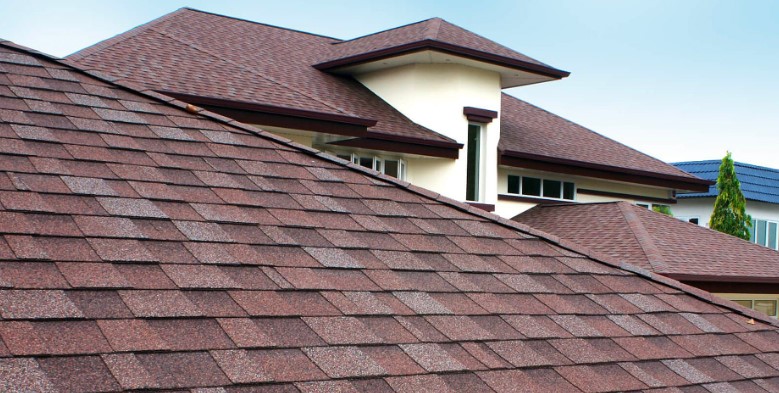In this guide, we have discussed various types of roofing materials that are commonly used in residential and commercial constructions. We have also explored the pros and cons of each material to help you make an informed decision when choosing your next roof.
But aside from knowing the different types of roofing materials, there are other important aspects to consider when it comes to selecting the right roof. Let’s delve deeper into these factors to help you make the best choice for your property.
Climate
One of the most important considerations when choosing a roofing material is the climate in which you live. Different materials perform better in certain weather conditions, so it’s crucial to choose a material that can withstand the elements in your area.
For instance, if you live in an area with heavy rainfall or frequent hailstorms, a durable and waterproof material like metal or slate may be your best option. On the other hand, if you live in a warm and sunny climate, materials that can reflect sunlight and keep your home cool, such as clay tiles or asphalt shingles, may be more suitable.

Cost
Another factor to consider is the cost of the roofing material. While some materials may be initially more expensive, they may save you money in the long run due to their durability and low maintenance costs. On the other hand, cheaper materials may require frequent repairs or replacements, making them more costly in the long term.
It’s important to weigh the initial cost against the longevity and maintenance costs of each material to determine the most cost-effective option for your budget.
Style and Aesthetics
Your roof is a significant part of your property’s curb appeal, so it’s essential to choose a material that complements the overall style and aesthetics of your home. From traditional asphalt shingles to modern metal or eco-friendly options like green roofs, there are various materials available that can enhance the look of your property.
So, consider the style and architecture of your home when selecting a roofing material to ensure that it not only provides functional benefits but also enhances its visual appeal.
Energy Efficiency
With the rising cost of energy, many homeowners are now considering the energy efficiency of their homes. Your choice of roofing material can play a significant role in this aspect as well. Materials with reflective properties, such as metal or cool roofs, can reduce heat absorption and help keep your home cooler during hot summers.
Additionally, some roofing materials, like solar panels or green roofs, can generate renewable energy, making them an excellent choice for environmentally conscious homeowners.
Local Building Codes
It’s crucial to consult your local building codes and regulations before selecting a roofing material. Certain materials may not be allowed in specific areas due to fire hazards, durability concerns, or historical preservation reasons. It’s always best to check with your local authorities and ensure that the material you choose is compliant with the building codes in your area.
Maintenance Requirements
Finally, consider the maintenance requirements of each roofing material before making a decision. Some materials may require regular inspections and repairs, while others may be low maintenance but require occasional cleaning. It’s essential to choose a material that fits your lifestyle and budget when it comes to maintenance.
In conclusion, choosing the right roofing material is a critical decision that involves various factors. It’s not just about the initial cost but also about the material’s ability to withstand your region’s climate, its aesthetic appeal, energy efficiency, adherence to local building codes, and maintenance requirements. Therefore, it’s crucial to weigh all these factors and make an informed decision that aligns with both your budget and lifestyle. Remember, the roof you choose is an investment in the long-term durability and overall appeal of your property.
To read more articles visit XYZ Webtoons
